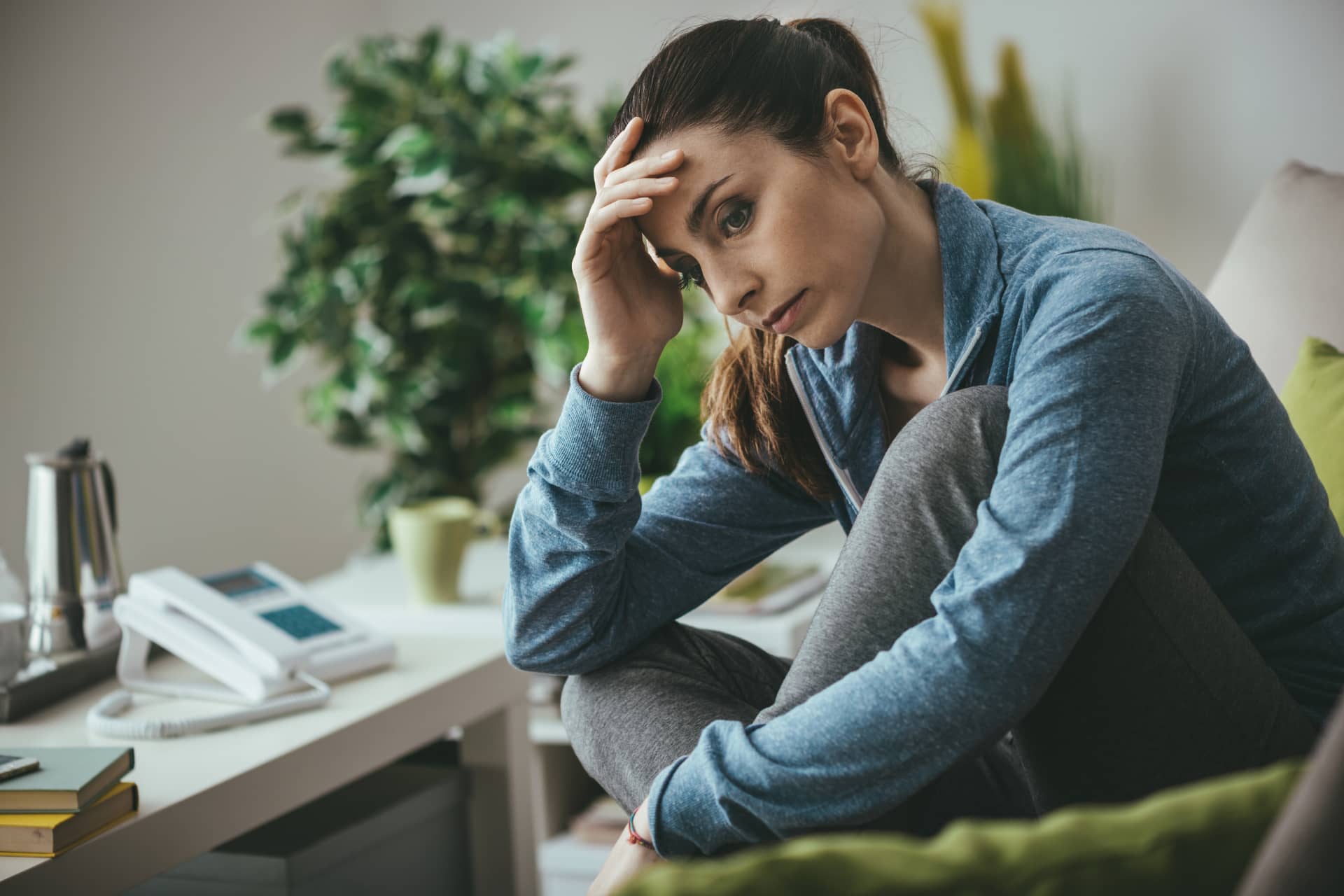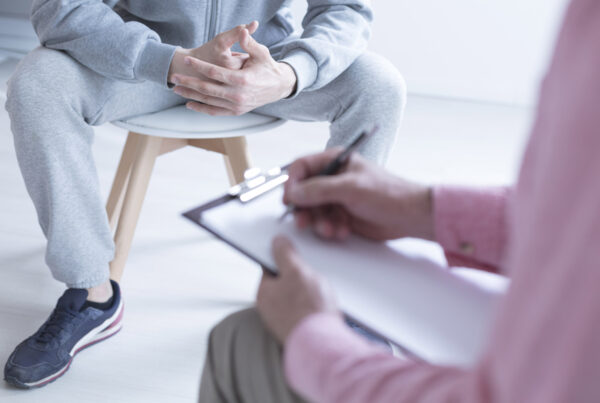The journey to total recovery is not easy, especially when you return to your everyday society immediately after treatment. There is always a fear of relapsing. If you have relapsed or have seen some loved one relapsing and are worried about what will happen next, read further to know everything about relapsing. We shall discuss five causes of relapse and the things to do when a relapse occurs.
As we know that every addict is different and face different circumstances, there is no particular root cause of relapse. Take a look at the five causes of a relapse.
1) Triggers
Anything reminding the individuals of their substance use that leads to a strong desire to use it again refers to triggers. These include stress, emotions, people, places, and things connecting to past substance use. To prevent a relapse, identifying these triggers is very important. These will also help in developing strategies to manage them.
2) Social Pressure
When recovering from substance abuse, you will have friends and family who have seen your struggles while recovering. You might also have friends and family who don’t care about your sobriety and continue using the substance. They may also force you to do the same, thus causing a relapse.
3) Mental Health
Unstable mental health affects every area of your life. Resolving it requires prolonged support and care from friends and family. Suffering unstable mental health is one of the causes that lead to developing substance use in the first place. Even when you recover from abuse with mental health issues still present, it can cause relapse.
4) Unresolved Issues
Trauma, pain, grief or discomfort, relationship problems, or other such issues can contribute to relapse. Counseling or therapy given in help and support groups can address these issues.
5) Lack of Coping Skills
A relapse is very obvious when you lack the skills to cope with situations, issues, or triggers that can cause relapse. Therefore, having adequate coping skills becomes essential to deal with stress, emotions, or other challenges that cause relapse. Learning and practicing healthy skills, such as mindfulness and exercise is crucial.
If you cannot avoid relapse, do the following things.
1) Seek Help
You must always try to reach out to your support system, whether a therapist, a support group, or a sponsor.
2) Figure out the cause of relapse
Take time to understand what led to the relapse. Figure out ways in which you can help prevent it.
3) Restart your Recovery
Facing relapse during or after recovery is quite common. If you relapse, you must restart and re-commit to your recovery journey as soon as possible. Develop a plan to get back on track, and remember that it is never too late to start again.
If you are looking for an addiction recovery center in Orange County, you are at the right place. At Surf City Recovery, we have professionals to treat you with every kind of addiction. We will also provide you with professional help in case of relapse.






